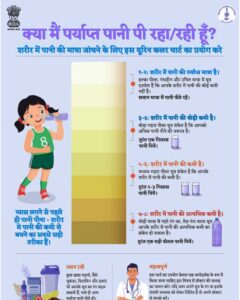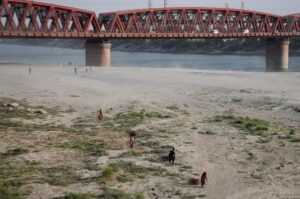Banning Trump from social media still affects US politics
Published by BBC News
By the time the 6 January riot happened last year, social media companies had long been concerned about what to do with Donald Trump.
In the run up to the US elections in November, they knew it was likely that Trump would contest the election result if he lost.
Privately, Facebook had radical plans to effectively turn off parts of the platform in a worst case scenario.
They and other companies were concerned this could cause civil unrest. They breathed a huge sigh of relief when that didn’t happen directly after the election.
Instead the unrest was delayed, and spectacular. As predicted, Donald Trump repeatedly told the public things that weren’t true – that the election had been stolen from him.
Then the attack happened. For bosses like Jack Dorsey and Mark Zuckerberg, Trump’s social media messages had directly led to violence.
Twitter, Facebook and Instagram all blocked him.
Banning the president from Twitter was a sensational thing to do. Twitter was Trump’s megaphone. A year later, we hear far less from the former president. He simply doesn’t have the platform he needs to connect to millions of social media users anymore.
His ban on Facebook, too, hurt the former president. Twitter isn’t an effective campaigning tool, but Facebook very much is. Whether he’s allowed back on the platform could have wide implications for any tilt at the White House in 2024.





